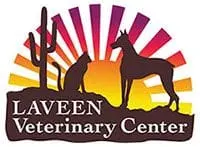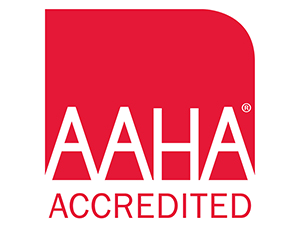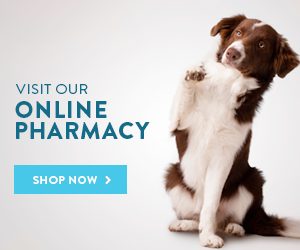Often times people wonder if they can give their pets the same things that they eat/use. While there are many things that pets can have that people also use, there are a lot of things you should take extreme caution with. Here is a list of household items that we think are notable.
FOODS
There are many foods that are given in regards to acceptable and not acceptable for pets, but when researching, we came across a few that were surprising to us. Here are the foods we thought were most important to know about
NO’s
Chocolate- the one everyone knows about. Chocolate contains methylxanthines which stops the metabolic process.
Cinnamon- can cause irritation and problems with breathing and choking.
Garlic- part of the allium family and is the most toxic of all causing anemia.
Ice Cream- canines do not digest dairy very well so ice cream can cause obvious problems.
Macadamia Nuts- one of the most poisonous foods to dogs, they can cause vomiting, increased temperature and potentially even affect the nervous system.
YES
Shrimp- as long as they are fully cooked and the shell is removed, shrimp contain vitamin b-12 and are low in fat and calories.
Popcorn- unsalted, unbuttered in moderation can help promote eye sight and digestion, just make sure there aren’t any kernels.
Honey- containing countless vitamins and helps with allergies!
Pumpkin- can relieve diarrhea and constipation.
MEDICATION
While many human medications are acceptable, owners of Collies and other herding dogs, need to be more cautious, due to a genetic mutation that makes some of these products more dangerous.
Benadryl (½-1 mg for dogs, ½ mg for cats)
Aspirin (5 mg/lb for dogs, not recommended for cats)
Dramamine (12.5-50 mg for dogs, 12.5 mg for cats)
Imodium AD (1 ml/lb for dogs, not recommended for cats)
Mineral Oil (4 tablespoons/day for dogs, 2 tablespoons/day for cats)
Pepto Bismol (1 teaspoon/ 5lb for dogs, not recommended for cats)
Robitussin DM (1 teaspoon/ 20lb for dogs, not recommended for cats)
A NO for either dog or cat ANYTIME is Ibuprofen or Tylenol because they can be very poisonous and life threatening.
HYGIENE PRODUCTS
The most important thing to remember about hygiene products for your pets is that a dog’s pH balance is much different than a human’s. You may think that using people shampoo for just one bath will be okay, but it could greatly irritate your dog’s skin and cause bigger problems than you imagine. When buying shampoo for your dogs, look for a neutral pH (7). Baby shampoo is also a good option because it is far less harsh and has less chemicals. When it comes to lotions be careful with the pH again and consider vitamin E or oatmeal as an alternative for dry/irritated skin.
DIETARY SUPPLEMENTS
Dietary supplements are also good for dogs, sometimes, and are made both specifically for animals and humans. If you do choose to use human supplements for your pets, make sure they are water-soluble, fat-soluble and contain omega-3 fatty acids for the best results. Supplements that contain zinc and iron should NEVER be given to dogs. They can cause serious problems and if ingested, you should take your pet to see a professional right away.
As always we suggest you come and see us before you ever give your pet medicine or a supplement. Every animal is different and can react differently to all of the items listed above. If you have any questions or would like to set up an appointment, please visit our website or call 602-559-9600.


